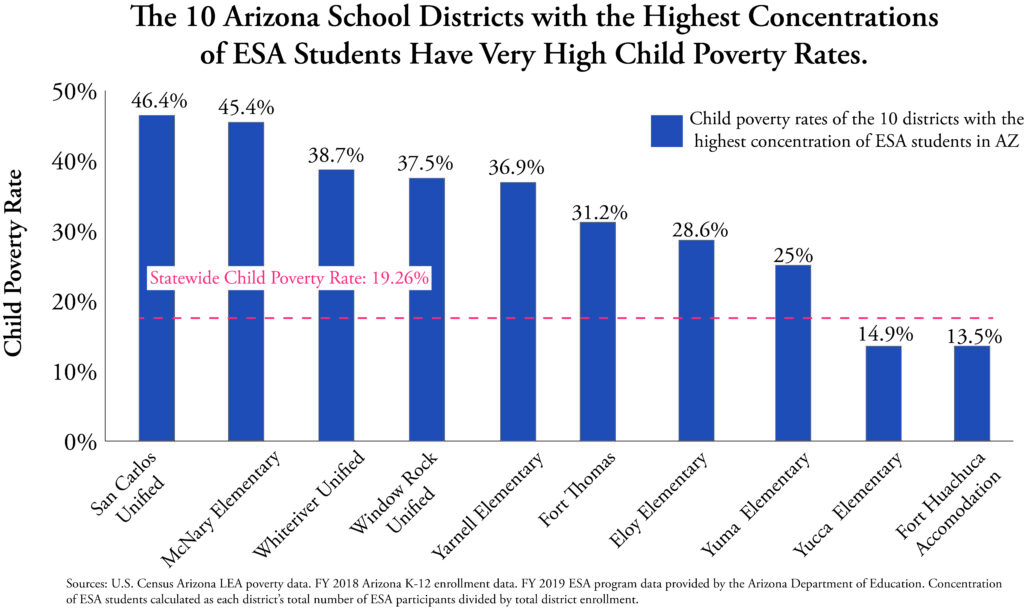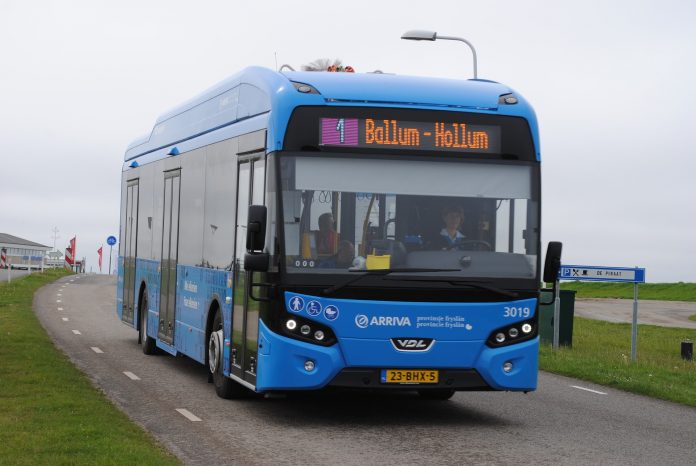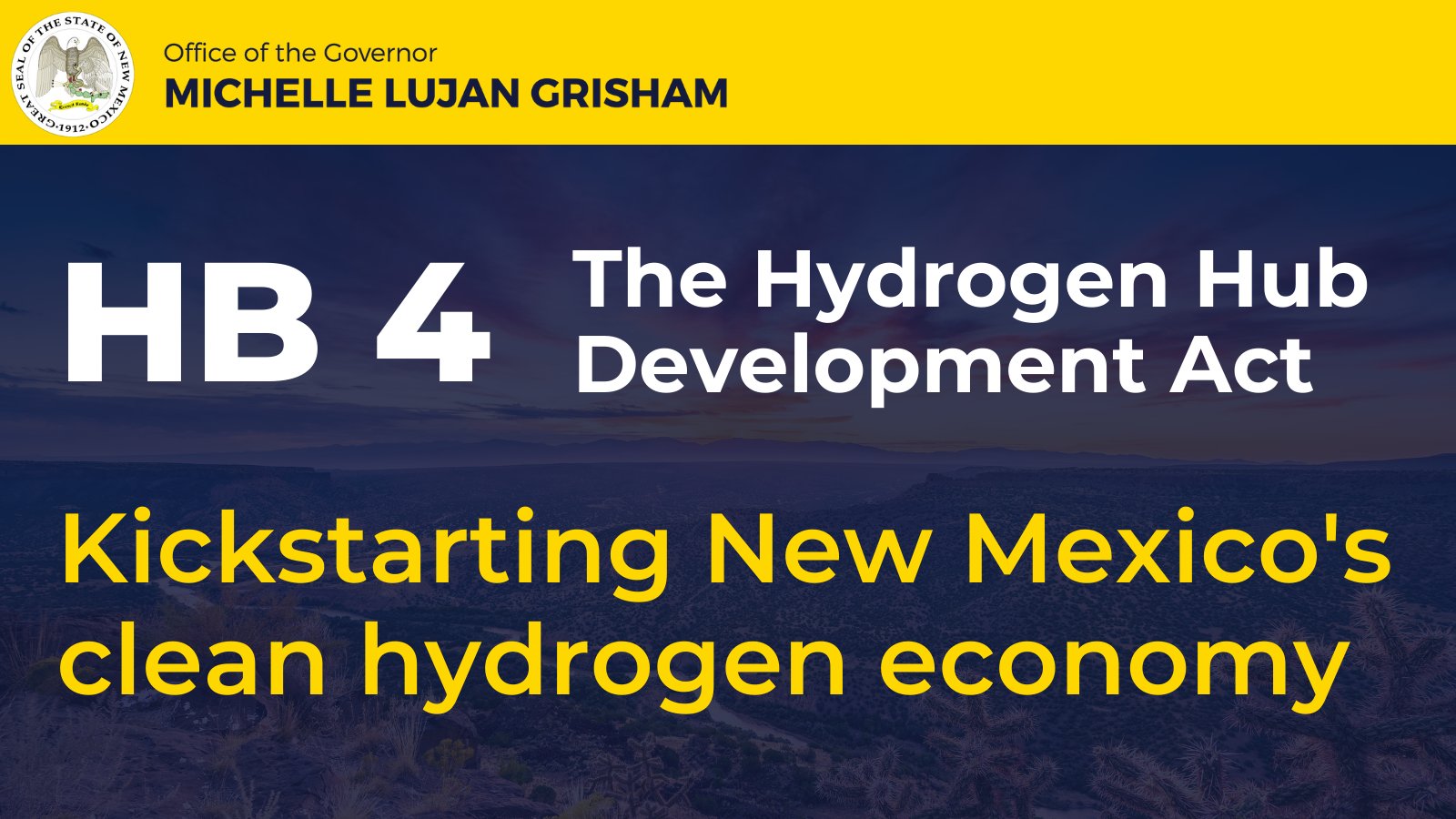The following article appeared in the Albuquerque Journal on Sunday, October 22nd, 2023. You can find out more about the EIB in-person hearing on November 15 here.

An unelected board called the Environmental Improvement Board (EIB) is currently accepting public comments to determine whether New Mexicans have the freedom to move around this big, beautiful state — or not. We have created a website to help average New Mexicans defend that right. Go to: KeepYourCarsNM.com.
The governor is pushing regulations that would force New Mexicans to buy vastly more electric vehicles than they currently do. If adopted, 82% of the vehicles sold in our state will have to be electric within a few short years.
There is nothing inherently wrong with electric vehicles, but their purchase should be a personal choice. Currently, 99.2% of New Mexicans choose gas-powered cars. Public polls find that strong majorities of Americans have no plans to buy an electric car.
There are many reasons electric vehicles should not be forced on consumers. Both EVs and gas cars have their environmental pluses and minuses. Yes, gas cars produce CO2 at the tailpipe, but gas vehicles continue to get more efficient. Between 2002 and 2022 model years, emissions decreased 27.6% while fuel efficiency rose by 35.4%. They continue to get better over time.
Like gasoline cars, EVs rely on fossil fuels. A 2019 study found that if EVs were to replace all gas-powered vehicles it would increase electricity demand 20% to 50%. That additional electricity is not going to be easy to produce without adding fossil fuels to the grid. Tellingly, the largest EV charging station in California currently gets its power from diesel generators.
EVs also rely on mined materials. Those are often produced in foreign countries under deplorable conditions and with few environmental safeguards. Mining, shipping, and processing these materials all use tremendous amounts of energy. There is no “free lunch” with EVs. As with every technology, there are environmental tradeoffs.
The performance challenges with EVs are even more significant. Charging stations are not readily available in many parts of New Mexico. Portions of the Navajo Nation don’t even have reliable electricity.
Charging can also be painfully slow. The most common publicly available charging station is “Level 2.” It will provide between 12 and 80 miles per hour — far slower than a typical gas pump. Battery performance further suffers in extreme heat and cold, both of which are common in our desert environment, which is hard on batteries.
The current electric vehicle marketplace is heavily reliant on government mandates and cross-subsidies and EVs offer serious challenges. Ford Motor Co. lost $66,446 on each EV sold. This means that in order to maintain profitability they had to make up the difference from gas vehicles.
EVs don’t pay New Mexico gas tax, which is used to fund the roads we all drive on. This is especially concerning because EVs weigh more than do gas-powered cars. A British study found that because of that weight, EVs do 2.24 times more damage to roads than do (internal combustion) cars. Road repairs of course require massive amounts of energy and petroleum.
Even parking garages may require retrofitting to handle the added weight of EVs.
You may like or even own an EV, but there are complicated issues with tradeoffs that can impact New Mexico’s most vulnerable populations. At the very least this is an issue for our elected Legislature, not an unelected board installed by Gov. Michelle Lujan Grisham.
There are many ways to improve the environment. The case for EVs is certainly not clear enough to warrant such an aggressive push.
Please contact the EIB today at KeepYourCarsNM.com and tell them you want to keep your car.
Paul Gessing is president of New Mexico’s Rio Grande Foundation.



















